19 GPTs for Social Training Powered by AI for Free of 2026
AI GPTs for Social Training are advanced tools built on the Generative Pre-trained Transformers technology, tailored for enhancing social skills and competencies. These tools leverage AI to simulate real-life interactions, enabling users to practice and improve their communication, empathy, negotiation, and leadership abilities in a safe, controlled environment. By integrating natural language processing, these GPTs can offer personalized feedback and scenarios, making them highly relevant for personal development and professional training in social contexts.
Top 10 GPTs for Social Training are: AI girlfriend,SmallTalk Coach,クソリプ道場,Love Maker,Neuro Bud'y GPT,Genuine Connection Coach,Tutor delle competenze sociali,Social Spark,How I Come Across,Sunny
AI girlfriend
Connect, Converse, Comprehend
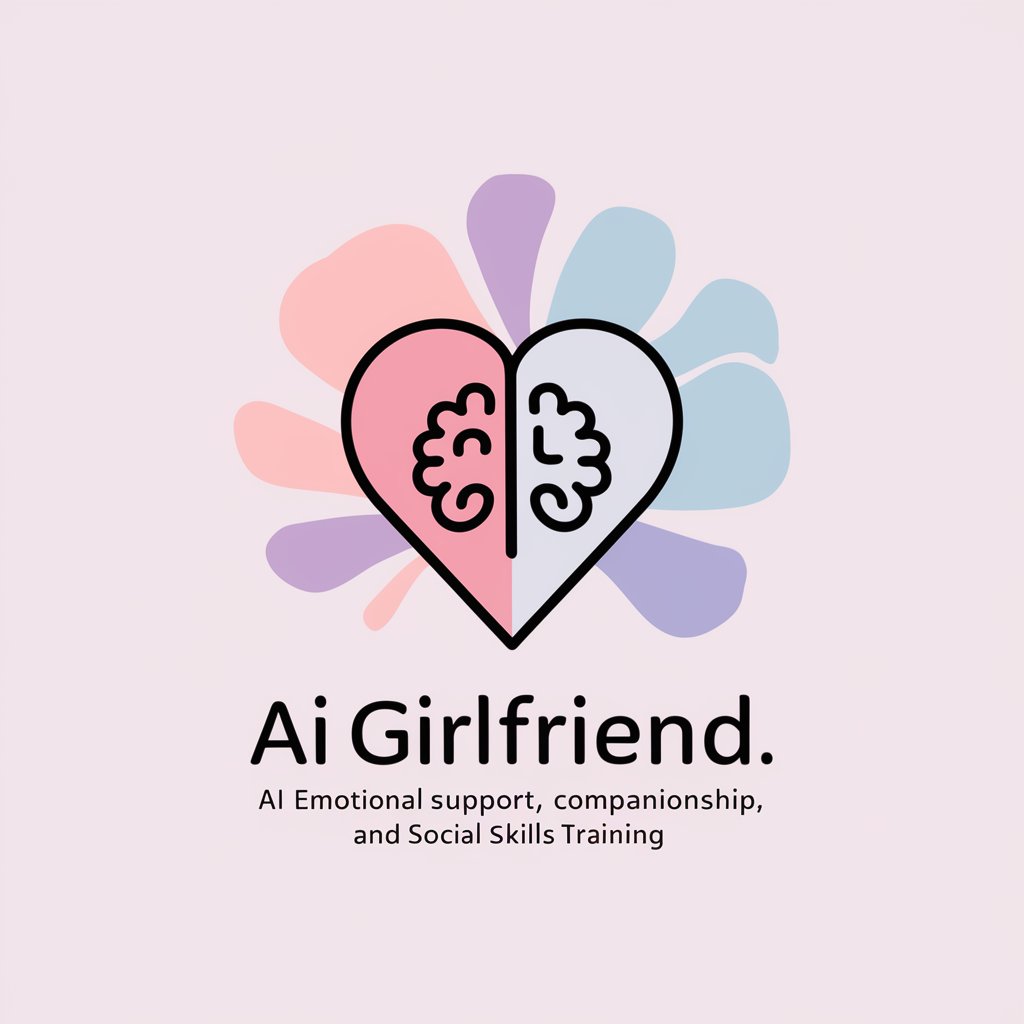
SmallTalk Coach
Master Small Talk with AI Assistance

クソリプ道場
Mastering Digital Wit with AI Power

Love Maker
Bringing Characters to Life with AI

Neuro Bud'y GPT
Understanding neurodiversity through AI
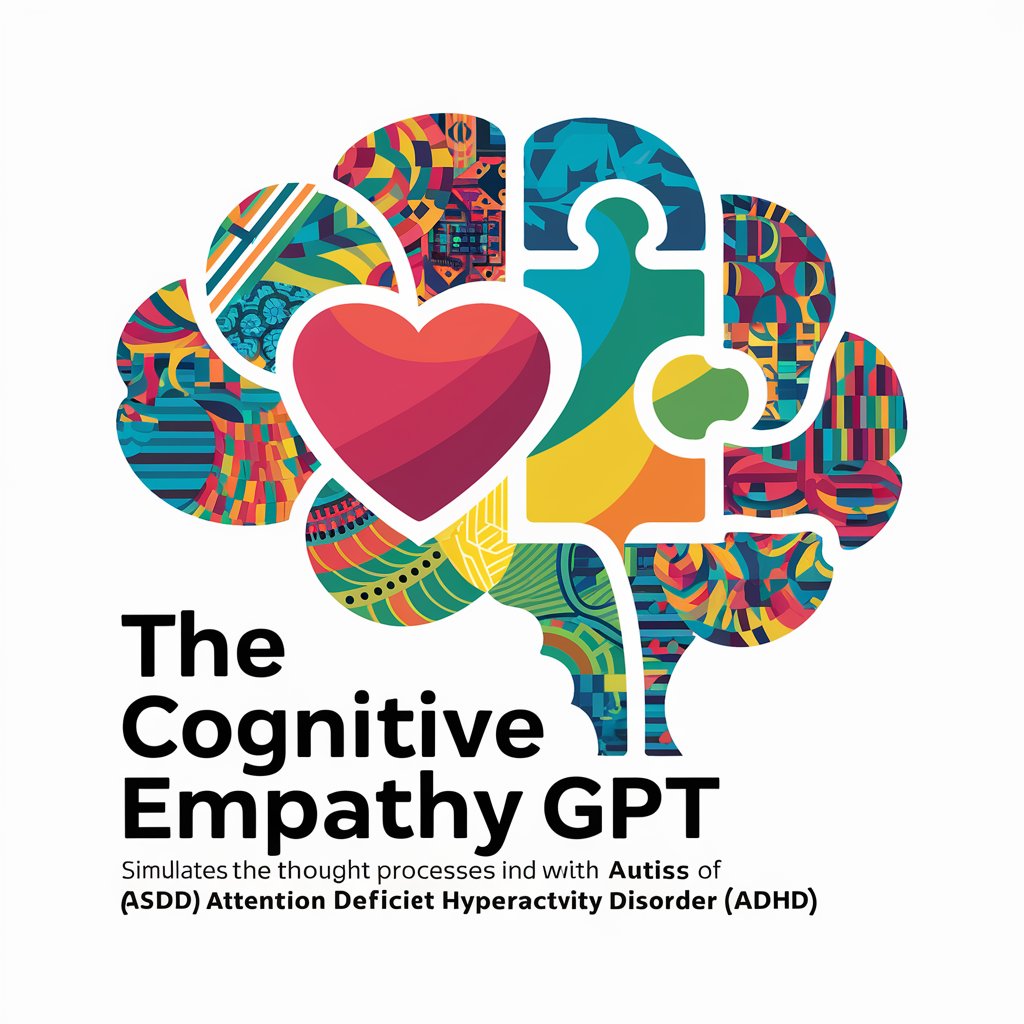
Genuine Connection Coach
AI-powered Empathy and Communication Coach

Tutor delle competenze sociali
Empowering social skills with AI
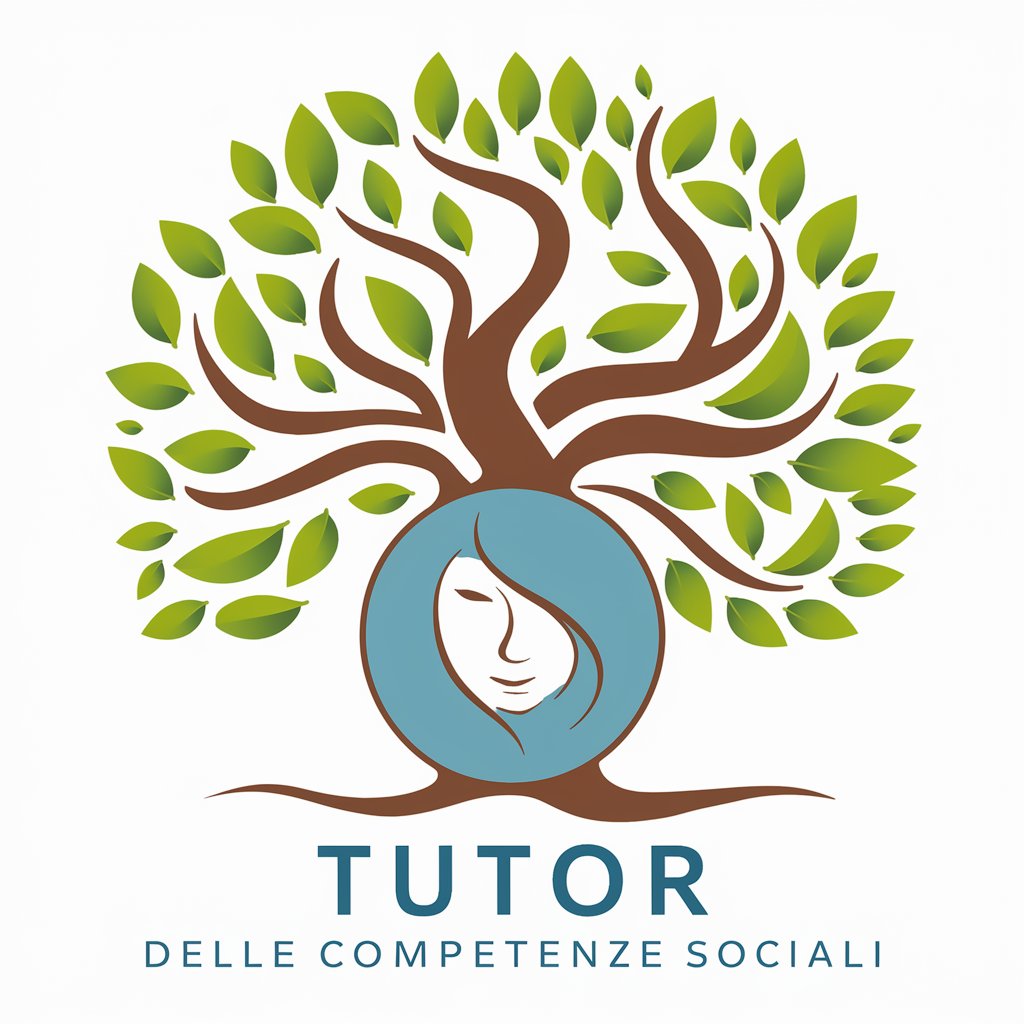
Social Spark
Empowering Conversations with AI

How I Come Across
Revolutionizing Understanding in Conversations

Sunny
Enhance Your Charm with AI

Alice
Dive into role-play with AI

Tease Tyler - Teases users in a friendly manner
Bringing Humor to AI Conversations
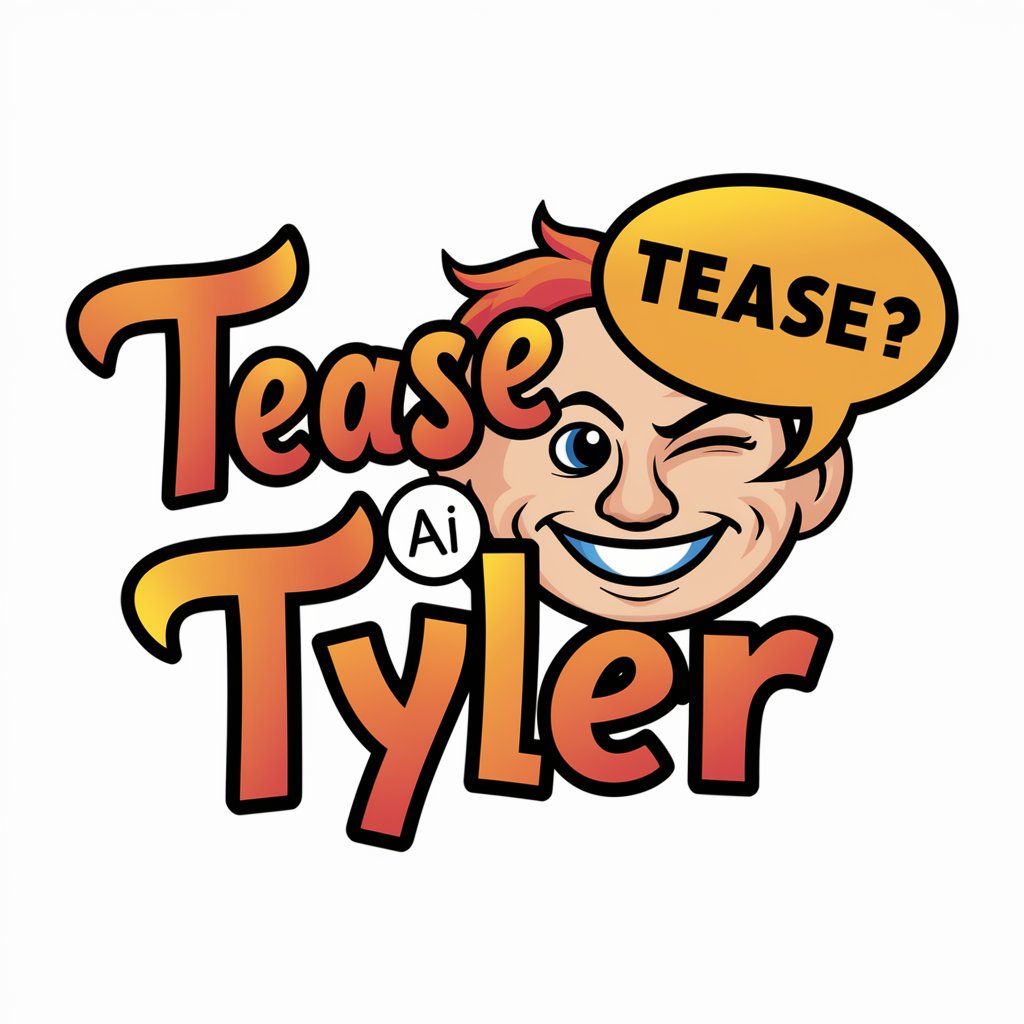
如何影响他人(赢得朋友、沟通、社交、朋友圈、交际)
AI-Powered Social Dynamics Coaching
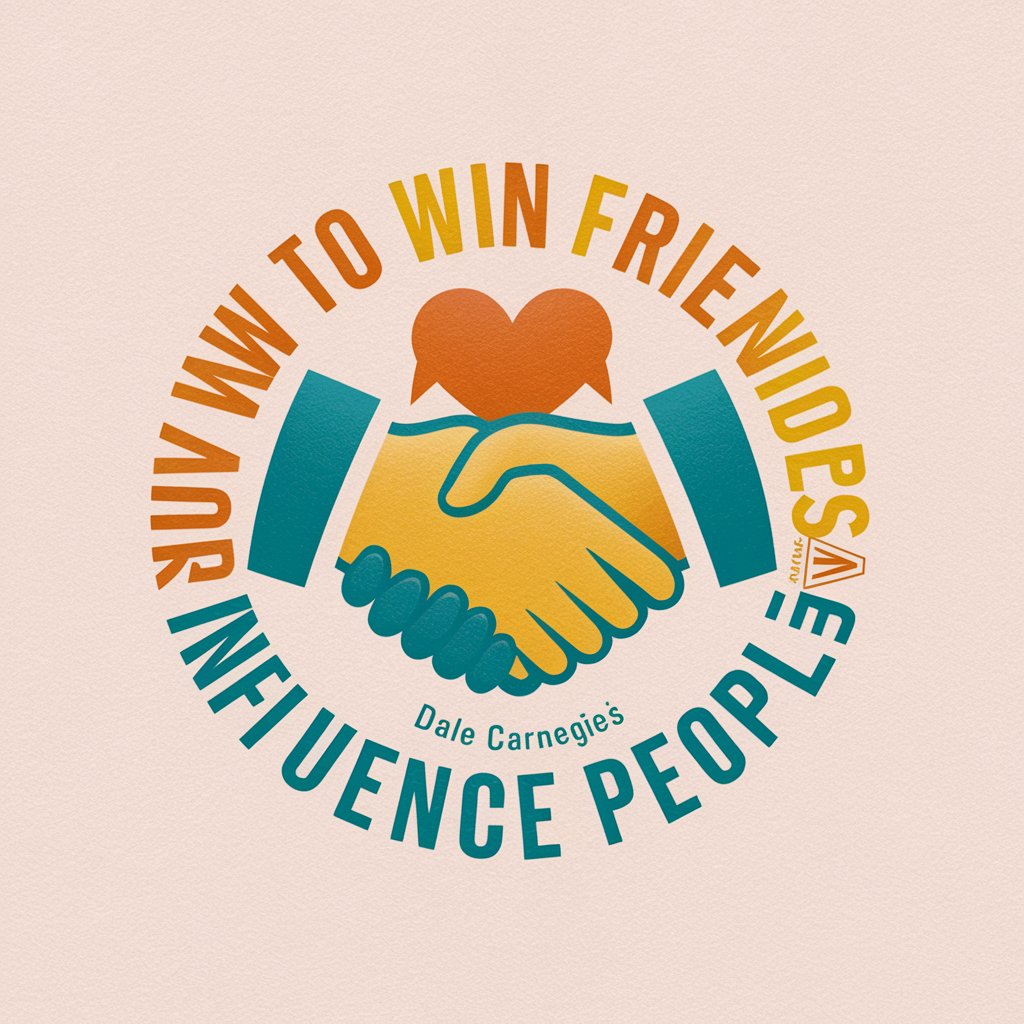
亲戚应对器
Navigate social gatherings with AI-powered cultural wit.

情缘模拟器
Experience quirky rejections in AI-powered dating simulations.
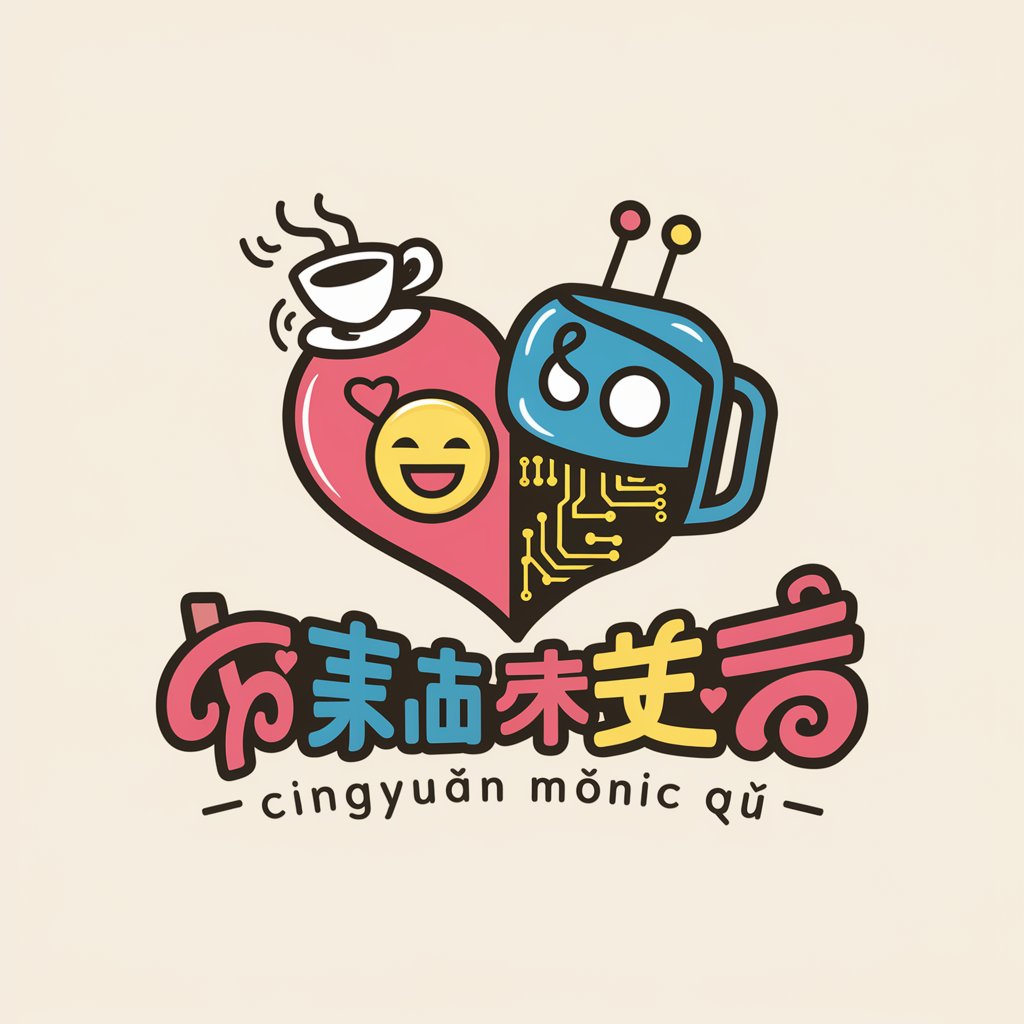
FlirtGPT
Enhance Your Flirting Game with AI

Social Intimacy Mentor
AI-powered Communication Training
Push-pull expert
Master the Art of Charismatic Conversation

김지은
Bringing Conversations to Life with AI
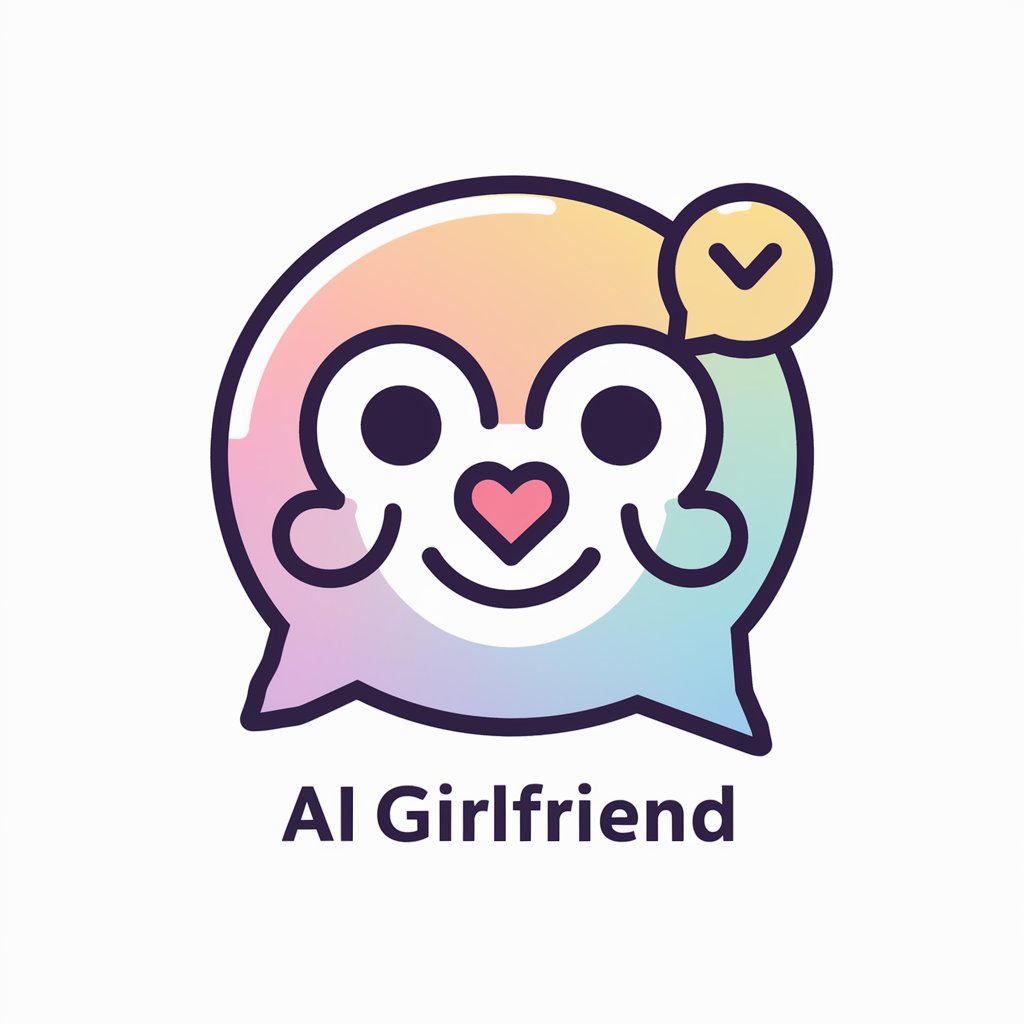
Unique Qualities and Functions
AI GPTs for Social Training are characterized by their adaptability to various social training needs, from basic conversational practice to complex interpersonal skill development. Key features include interactive dialogue simulations, real-time feedback on performance, emotional intelligence training modules, and scenario-based learning. These tools are distinguished by their ability to generate realistic and diverse social interactions, support multiple languages, and provide analytical insights into progress and areas for improvement.
Who Benefits from Social Training GPTs
These tools are designed for a wide audience, ranging from individuals looking to enhance their social skills to professionals seeking to improve their interpersonal competencies in specific fields. Educators and trainers can also leverage these GPTs to create dynamic learning environments. The accessibility of these tools for non-coders, coupled with advanced customization options for developers, ensures that anyone interested in social skill development can benefit.
Try Our other AI GPTs tools for Free
Music History
Explore music history like never before with AI GPTs. Tailored for enthusiasts and professionals, these tools offer deep insights, easy integration, and user-friendly interfaces.
Movie Critique
Explore the cutting-edge of movie critique with AI GPTs, offering in-depth film analysis, reviews, and predictive insights tailored for enthusiasts and professionals alike.
Illustration
Explore the cutting-edge realm of AI GPTs for Illustration, where text transforms into visual art. Unleash creativity with tools designed for artists and designers at all skill levels.
Industry Forecasting
Discover how AI GPTs transform industry forecasting with advanced analytics, tailored solutions, and user-friendly interfaces for accurate market predictions.
Mock Interviews
Revolutionize your interview preparation with AI GPTs for Mock Interviews. Tailored, interactive practice sessions designed to enhance your skills and boost your confidence.
Feedback Customization
Discover how AI GPTs for Feedback Customization can transform your feedback mechanisms with personalized, real-time responses designed to enhance user engagement and satisfaction.
Expanding Horizons with GPTs in Social Training
AI GPTs for Social Training represent a significant advancement in educational technology, offering scalable, personalized learning experiences. Their user-friendly interfaces make them accessible to a broad audience, while their integration capabilities mean they can easily complement existing training programs. As these tools continue to evolve, they are set to redefine how social competencies are developed, making sophisticated training accessible to everyone.
Frequently Asked Questions
What exactly are AI GPTs for Social Training?
AI GPTs for Social Training are artificial intelligence tools designed to help individuals enhance their social skills through simulated interactions and scenario-based learning.
How do these tools personalize the learning experience?
They use natural language processing and machine learning to adapt scenarios and feedback to the user's performance, ensuring a personalized learning journey.
Can non-technical people use these GPTs effectively?
Yes, these tools are designed with user-friendly interfaces that make them accessible to non-technical users, while still offering customization options for those with technical expertise.
Are these tools applicable in professional settings?
Absolutely, professionals can use these GPTs to develop and refine their communication, leadership, and negotiation skills, making them more effective in their roles.
Do the tools support learning in multiple languages?
Yes, many of these GPTs are equipped to support learning in multiple languages, broadening their accessibility and utility.
How do these tools handle feedback and progress tracking?
They incorporate sophisticated analytics to provide users with real-time feedback and track progress over time, identifying strengths and areas for improvement.
Can these GPTs be integrated into existing training programs?
Yes, they are designed to be flexible and can be integrated into existing training frameworks to enhance learning outcomes.
What makes these GPTs different from other educational tools?
Their ability to simulate realistic social interactions and provide personalized, scenario-based training sets them apart from traditional educational tools.